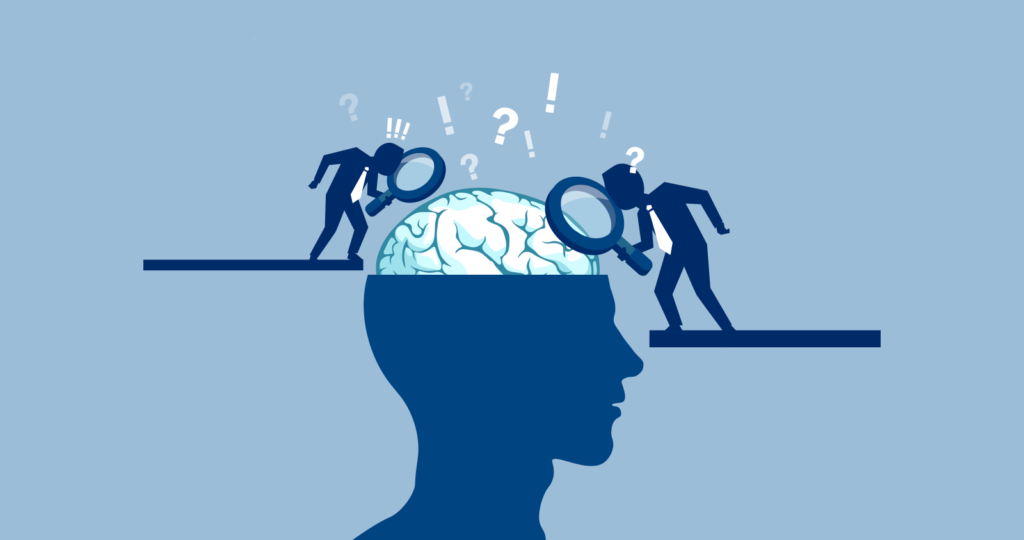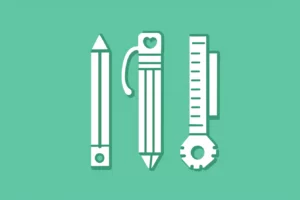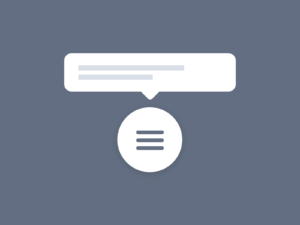Does minimizing cognitive load help with learning and remembering things? Many of us forget tiny yet essential details while multitasking. Forgetfulness while multitasking is normal. But, what if we can remember most of the essential details efficiently? Our brain receives tons of information daily and fetches it when needed. However, not all of the information is retained when we need it. The Cognitive Load Theory defines why we forget and how can we better remember things.
Table of Contents
How Minimizing Cognitive Load Helps in Learning?
The balance to better learn and retain information lies in minimizing Cognitive Load. It is a popular belief that minimizing Cognitive Load helps you process information actively. However, should you always choose to minimize the loading or not? When the brain receives more information than it can process, it suffers from overloading. The processing power works on 3 principal sources i.e. Sensory Memory, Working Memory, and Long Term Memory.
How Does the Brain Process Information
The Sensory memory receives the most relevant information and screens out unnecessary information. This piece of information passes out to the working memory to rehearse. The working memory can keep 7-9 essential pieces of information as a starting point. When the brain begins processing information, it passes the information into Long Term Memory. This space of the brain fetches information that is saved in the form of schemas. These schemas are structures in the brain that allow you to connect pieces of information.
Never Overload the Working Memory!
Since we have how the brain process the information, the question remains whether to reduce cognitive loading or not? The information from Sensory Memory is Unidirectional. Whereas the Working Memory performs the function of encoding and decoding. The capacity of working memory has limits and hence doesn’t process a large amount of information at once. For example, if you’re reading this article without “Headings”, you might not be able to remember every detail. However, more specific “Heading” to each paragraph makes it easier to transfer the information to Long Term Memory.


Multitasking Can Affect Your Working Memory and Increase Cognitive Loading
To transfer more information to long-term memory, you should not overload your working memory. Processing more information at once overwhelms working memory. Consequentially, the brain is barely able to keep complete information about the subject. Understanding Cognitive Loading can help you improve your learning in an effective and efficient manner. The processing ability of the brain is impossible to change. However, we can control the amount of information it takes to process it effectively.
Understanding 3 Types Help Minimizing Cognitive Load
The information presented to you consists of 3 types of loads. Each of the loadings has different characteristics when the brain processes information. Generally, simple pieces of information end up in the long-term memory easily. But, different types of cognitive loads demand different strategies to save the information.
INTRINSIC COGNITIVE LOAD
This is the inherent difficulty of the subject or topic you’re working with. Intrinsic Loads contain the necessary level of difficulty that we can solve on our own given the expertise or experience. It is hard to manipulate and follows a basic process towards a solution.
EXTRINSIC COGNITIVE LOAD
Extrinsic Cognitive Load is a little difficult and requires focus. This type of cognitive load causes the brain to process information but doesn’t yield results. For example, a website with a complex user interface will only get you scrolling without results. Also, the type of information can affect people trying to comprehend a topic. Extrinsic Cognitive Load is widely contrasted with visual and text information. Some people easily comprehend a visual concept while others understand through long descriptions. The information organized in such a way may have a lower or higher extrinsic cognitive load.
GERMANE COGNITIVE LOAD
This type of Cognitive Load is based on Schemas. Schemas are structures in your Long Term Memory that retain information. When you’re exposed to a new situation, you feel confused. Imagine if someone gets you working without teaching basic or complex tools and techniques. That’s when the germane cognitive load increases. This happens because you try to develop schemas that you don’t have prior information about.


Cognitive Load can’t be eliminated completely. You need to learn to minimize cognitive load to develop yourself in an effective and efficient manner. Doing so demands focusing on one task at a time and developing a clear understanding. The more you manage cognitive load, the more you become efficient and effective in learning and remembering things.




